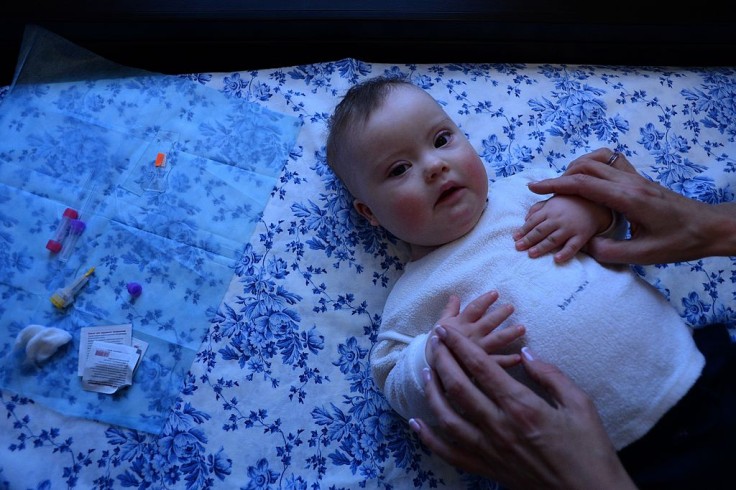
After 20 years, the U.S. Center for Disease Control and Prevention (CDC) and the American Academy of Pediatrics (AAP) changed the checklist usually used to monitor infant and young children's milestones. The checklist is meant to give parents, caretakers, and pediatricians a more precise benchmark to spot developmental delays earlier, CNN reported.
CDC asked AAP to develop experts to review the milestones, which then formed a group of eight experts in different areas of child development. It is the first review since its release in 2004 as part of the CDC's developmental surveillance campaign in 2004, "Learn the Signs. Act Early."
The Checklist
Paul H. Lipkin, M.D., FAAP, one of the child development experts who reviewed the checklist said, the earlier the child is identified with developmental delays, the better. The recent revision of guidelines, Lipkin added, "accomplishes these goals."
Among the changes on the checklist is that the revised version will have a 75% percentile milestone instead of the previously used 50th percentile milestone at a given age. The move is meant to eliminate unnecessary confusion and alarm in developmental delays while identifying children requiring additional evaluation and resources.
According to the AAP News, clinicians reported that following the previous guidelines was a challenge for families with concerns about child development. In some cases, the families and clinicians had to wait for the milestones, leading to a delay in diagnosis.
The AAP News also indicated other changes in the checklist, which includes:
- Included checklists for ages 15 and 30 months. There is now a checklist for every well-child visit from two months to five years;
- Adding more social and emotional milestones like at four months, smiles on their own to get your attention
- Experts removed vague languages like "may" or "begins" when referring to specific milestones.
- Removal of duplicate milestones
- They are providing new, open-ended questions for discussion in families. Example: Is there anything that your child does or does not do that concerns you?
- Revision and expansion of activities and recommendations for developmental promotion and early relational health
The revised milestones were presented to parents and caregivers with different educational backgrounds, income levels, and racial groups to gauge their adaptability.
CDC'S Free Milestone Tracker
Recently, CDC also announced its Milestone Tracker App, which incorporates the updated checklist. The app aims to help parents track the child's development while playing, learning, speaking, and the children's movement until they reach the age of five.
The app is also designed to alert parents of missed milestones, prompting them to talk to their pediatrician about concerns that they may encounter.
However, Child Development expert Dr. Jenny Radesky told CNN that parents should also remember that milestones are not everything. They have a way of figuring out the development delay in their kids, and they should trust this knowledge.
Parents would know what brings joy to their kids, what overstimulates them, and when parents feel most connected to them. While not considered milestones, these parent-child relationships are crucial to children's well-being.